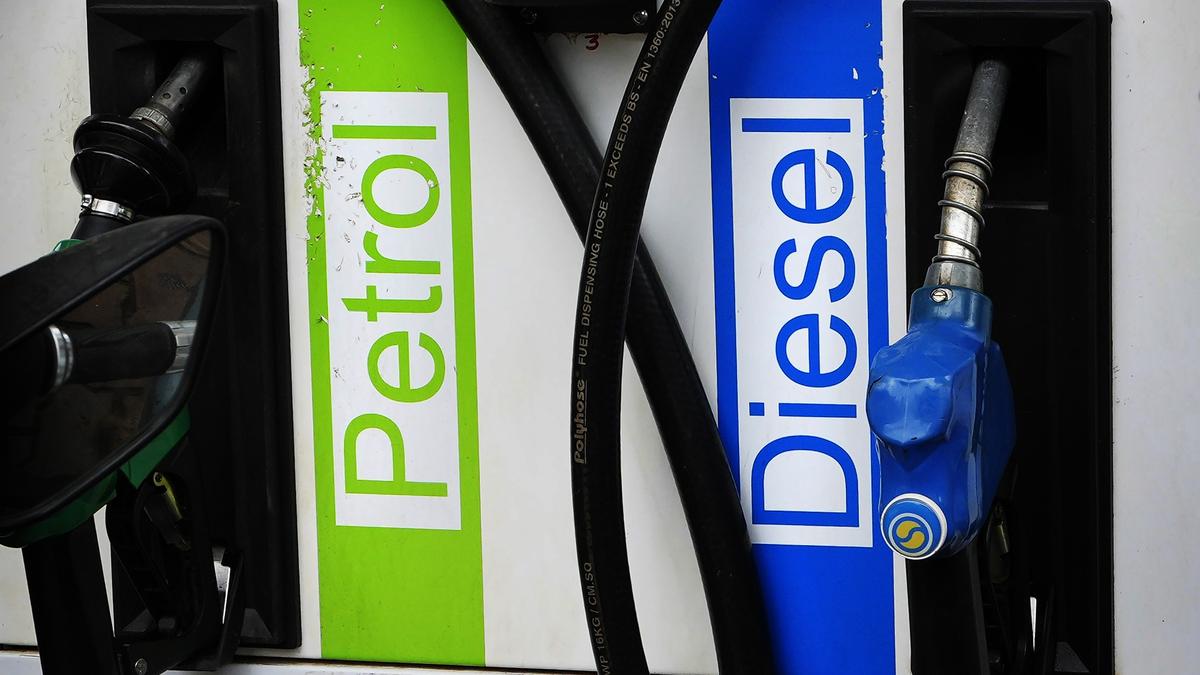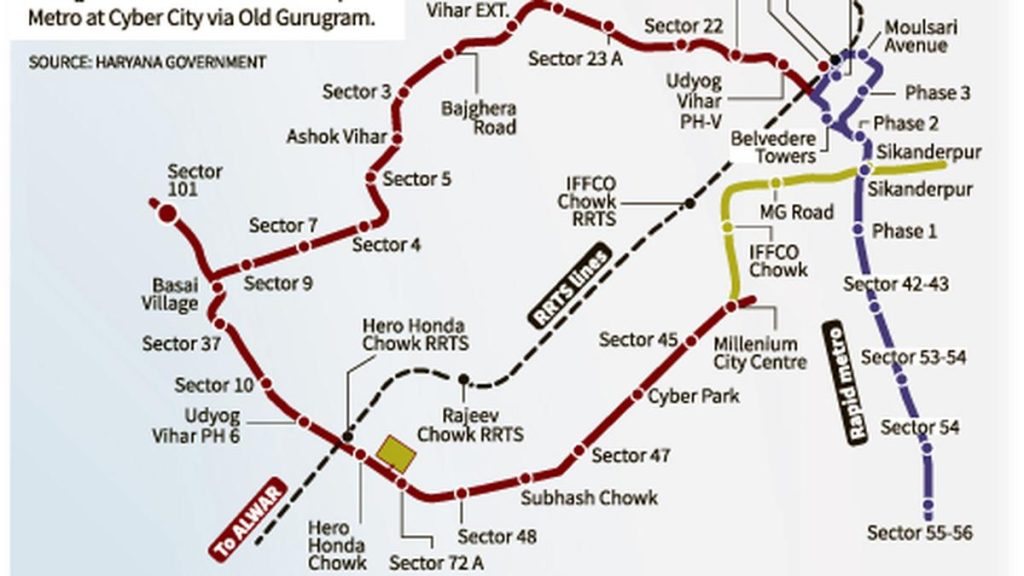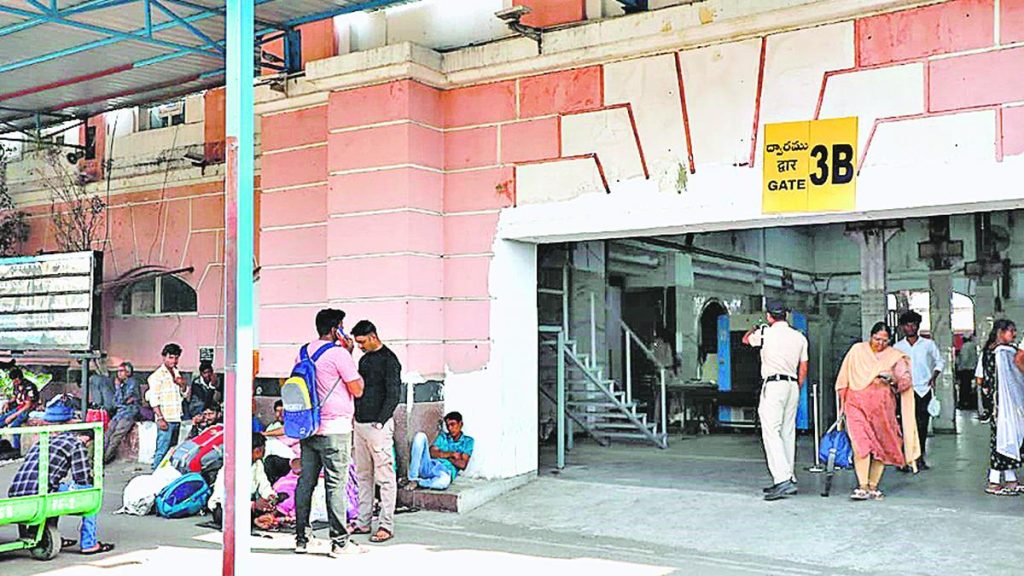Now Reading: SC to Review Plea on 20% Ethanol-Blended Petrol Sales on September 1
-
01
SC to Review Plea on 20% Ethanol-Blended Petrol Sales on September 1
SC to Review Plea on 20% Ethanol-Blended Petrol Sales on September 1

Quick Summary
- Supreme Court Case: The Supreme Court will hear a Public Interest Litigation (PIL) challenging the nationwide rollout of 20% ethanol-blended petrol (EBP-20) on September 1, 2025.
- Concerns Raised: Advocate Akshay Malhotra filed the plea, arguing that many vehicles, especially older models and some BS-VI vehicles, are not compatible with EBP-20.
- Issues Highlighted:
– Engine damage and corrosion in non-compliant vehicles due to high ethanol content.
– fuel efficiency reduction and increased repair costs blamed on EBP-20 usage.
– Insurance claim rejections attributed to damages caused by ethanol-led degradation.
– Lack of informed consumer choice regarding ethanol content at fuel pumps in India.
- Demands of PIL:
– Ethanol-free petrol availability at all fuel stations across India.
– Mandatory labeling of ethanol content on dispensing units for clarity.- A nation-wide impact study on vehicle efficiency loss due to EBP-20 adoption.
Indian opinion Analysis
The PIL raises pertinent concerns regarding India’s transition to EBP-20 amidst limited infrastructure catering to diverse vehicular compatibility. While moving toward cleaner fuels aligns with environmental goals, it requires significant consumer education and vehicle support systems. Global practices indicate transparent labeling and availability of alternatives like ethanol-free petrol-absent in India-which may help mitigate technical uncertainties for motorists.
For consumers reliant on pre-existing or non-compatible models, enforcing a blanket policy without accommodating flexible options can lead to economic strain, be it through maintenance expenditures or denied insurance claims. If substantiated by data from nationwide studies as requested in the plea, better policy alignment could balance ecological commitments with practical mobility solutions needed by millions.
Read more: source

























